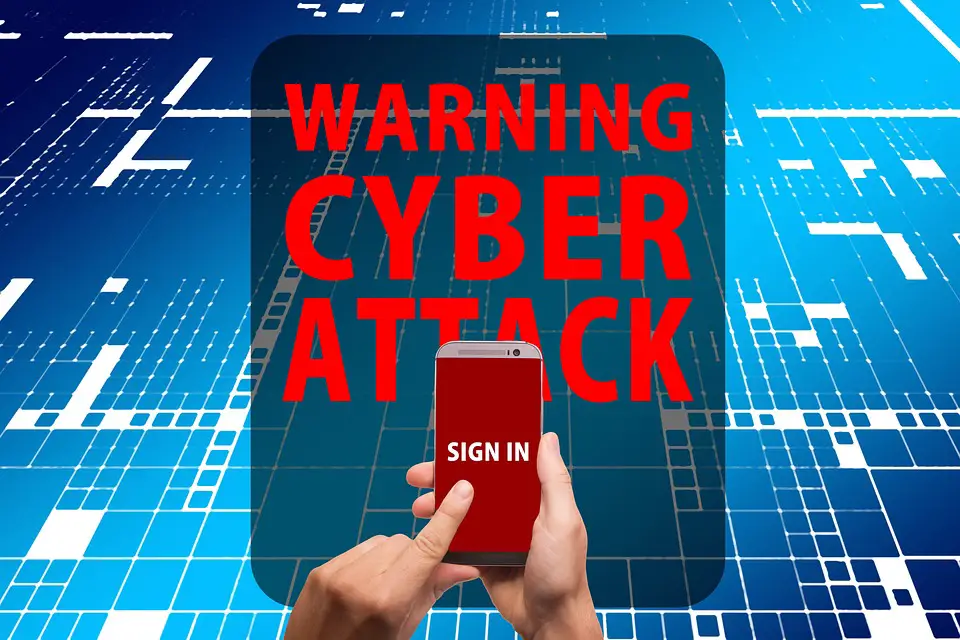Brazil’s Blockchain Revolution: Opportunities and Challenges Ahead
Brazil, the largest economy in Latin America, is on the cusp of a blockchain revolution. The country has been actively exploring the potential of blockchain technology, with various initiatives and projects underway to harness its power. From digital currencies to supply chain management, blockchain is poised to transform numerous industries and aspects of Brazilian society. In this article, we will delve into the opportunities and challenges that lie ahead for Brazil’s blockchain revolution.
Opportunities Abound
Brazil’s blockchain revolution is being driven by a combination of factors, including government support, entrepreneurial spirit, and a growing demand for innovative solutions. Some of the key opportunities that blockchain presents for Brazil include:
- Digital Payments: Brazil has a large unbanked population, with millions of citizens lacking access to traditional financial services. Blockchain-based digital currencies, such as Bitcoin, offer a potential solution, enabling fast, secure, and low-cost transactions.
- Supply Chain Management: Brazil is a major agricultural producer, and blockchain technology can help improve supply chain efficiency, transparency, and security. By using blockchain to track the origin, quality, and movement of goods, Brazilian companies can increase customer trust and reduce the risk of counterfeiting.
- Identity Verification: Brazil’s population is vast and diverse, making identity verification a significant challenge. Blockchain-based identity solutions can provide a secure, decentralized, and efficient way to verify identities, reducing the risk of fraud and improving access to public services.
- Smart Cities: Brazil’s cities are growing rapidly, and blockchain technology can help create smarter, more sustainable urban environments. By using blockchain to manage energy, transportation, and waste management systems, cities can become more efficient, reducing costs and improving the quality of life for citizens.
Challenges Ahead
While the opportunities presented by blockchain are significant, there are also challenges that need to be addressed. Some of the key challenges facing Brazil’s blockchain revolution include:
- Regulatory Framework: Brazil’s regulatory framework for blockchain is still in its infancy, and there is a need for clearer guidelines and laws to support the development of blockchain-based projects.
- Infrastructure: Brazil’s infrastructure, including its internet and energy systems, can be unreliable in some areas, making it challenging to implement blockchain solutions that require high-speed data transmission and processing.
- Talent and Education: Brazil faces a shortage of skilled professionals with expertise in blockchain development, deployment, and maintenance. There is a need for education and training programs to develop the talent required to support the growth of the blockchain sector.
- Security: Blockchain technology is not immune to security risks, and Brazil’s blockchain ecosystem needs to be protected from cyber threats, such as hacking and phishing attacks.
Government Support
The Brazilian government has been actively supporting the development of blockchain technology, with various initiatives aimed at promoting innovation and entrepreneurship. Some of the key government-supported initiatives include:
- Blockchain Regulatory Sandbox: The Brazilian government has established a regulatory sandbox to allow blockchain startups to test and develop their projects in a controlled environment.
- Blockchain Research and Development: The government has invested in research and development programs focused on blockchain technology, including partnerships with universities and private sector companies.
- Digital Currency Regulation: The government has introduced regulations to support the development of digital currencies, including the creation of a digital currency exchange.
Conclusion
Brazil’s blockchain revolution is underway, with opportunities and challenges ahead. While there are significant benefits to be gained from the adoption of blockchain technology, there are also challenges that need to be addressed, including regulatory frameworks, infrastructure, talent, and security. With government support and a growing ecosystem of entrepreneurs, developers, and innovators, Brazil is well-positioned to become a leader in the blockchain revolution. As the country continues to explore and develop blockchain solutions, it is likely that we will see significant advancements in various industries and aspects of Brazilian society, ultimately contributing to the country’s economic growth and development.

